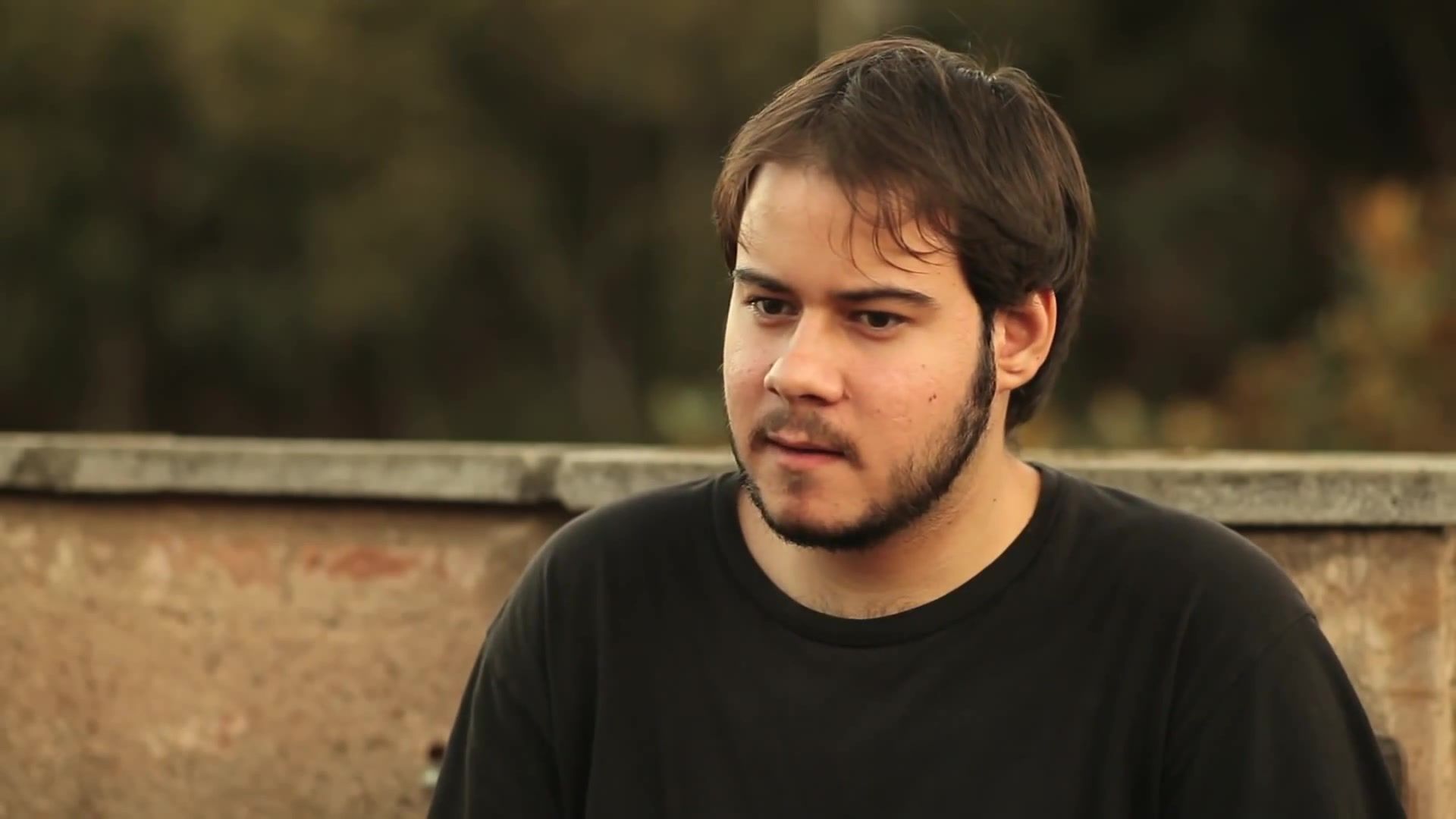Spain's National Audience court has condemned rapper Pablo Rivadulla, from Lleida in Catalonia, who performs as Pablo Hasél, to two years and a day in prison for the crimes of glorifying terrorism and injuries to the crown and the state's institutions for messages he posted on Twitter and a song he uploaded to Youtube. Additionally, he has been given a 24,300€ fine (£21,700, $30,000).
In their verdict, the judges write that Hasél's publications mean "a joint action, directed against the state's authority" and that they allude to "the need to go further in violent behaviour, even with the use of terrorism".
If the Supreme Court confirms his sentence, Hasél will have to go to prison as he was already condemned to two years in 2014 for glorifying terrorism.
The sentence wasn't unanimous, judge Manuela Fernández de Prado arguing that Rivadulla should be acquitted because "his actions fit within freedom of expression and do not imply a demonstration of hate speech".
The public prosecutor was asking for two years and nine months in prison and a 40,500€ fine. The accusations stem from a song and some sixty tweets published between 2014 and 2016.
GRAPO, the king and the police
In one of the messages, next to a photo of a member of GRAPO, Hasél said: "demonstrations are necessary, but not sufficient. We support those who've gone further". GRAPO (First of October Anti-Fascist Resistance Groups) is a Marxist Leninist, republican group, listed by the EU as a terrorist organisation, most active in the 70s and 80s. The judges say that his tweet isn't "a mere comment delivering an opinion, but is a message with a clear invitation to carry out the same behaviour as those it refers to".
In relation to the crime of injuries and slander against the crown, the judges say that the messages and video in question show him as accusing "the king emeritus and even the current king [of] the commission of multiple crimes, even murder and embezzlement, as well as behaviour not in accordance with with the authority they represent".
"It's not a question of expressing a political claim for another type of state", say the judges, but shows intention to slander and injure the monarchy "with the clear intent for that whoever reads his tweets should adopt a contrary position, even violently so".
As for the charge of injury and slander against the state's institutions, the court emphasises the "large" quantity of charges which he repeatedly accused the members of the state's security forces of, including "assassinations, torture, which were included in offensive content of marked hate".

